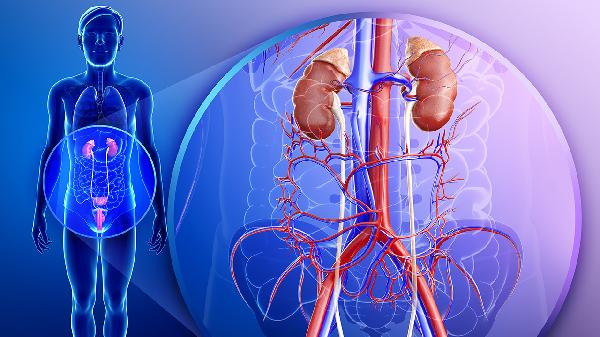Calcium is one of the most crucial nutrients for the body. Studies show that many people's diets fall far short of the recommended calcium intake. Calcium is an essential nutrient for the growth and development of the body, forming key components of bones and teeth, among other organs. A deficiency in calcium can lead to various clinical symptoms.

If children are deficient in calcium, it can cause rickets, pigeon chest, and incomplete tooth development. A lack of calcium in pregnant women may lead to preeclampsia. Elderly individuals with calcium deficiency often experience hunchbacks and osteoporosis.
So, how can we effectively supplement calcium? To achieve ideal calcium supplementation, here are three "expert tips" to help you easily replenish your calcium levels at once.
First, use dietary therapy by consuming calcium-rich foods
Food therapy is better than medication. By reasonably adjusting dietary structures and targeting calcium supplementation based on the needs of different age groups, you can effectively supplement calcium. For example, soy milk and tofu, as well as other soy products, seaweed, green vegetables, celery, dried shrimp, and sesame paste are all high-calcium foods. Drinking milk with high calcium content can also help. Pregnant women and children have a particularly high demand for calcium, so it's best to consult with a clinician to properly design daily meals.
Second, supplement vitamin D while taking calcium
The absorption of calcium and the balance of calcium-phosphorus metabolism in the body both require vitamin D. Regular exposure to sunlight can increase the body's production of vitamin D, which promotes calcium absorption, reduces calcium loss, and enhances bone quality. It is generally recommended to sunbathe between 9 am and 4 pm every day.
Third, choose and take calcium supplements correctly
It is recommended to choose calcium products with high solubility, good absorption, and low toxicity. The best times to take oral calcium supplements are in the morning and before bedtime each day. Taking calcium supplements after meals is generally better, as this can prevent food from interfering with calcium absorption.
During calcium supplementation, try to avoid eating calcium-rich foods with high oxalate or phosphate content, such as amaranth, as these can combine with calcium and hinder its absorption. Also, note that calcium and zinc should not be supplemented simultaneously.
In summary, whether through dietary therapy or by taking calcium supplements, it is essential to ensure adequate and effective absorption and utilization of calcium. It is also important to note that calcium supplementation should be in moderation. Excessive calcium supplementation can lead to adverse effects such as low blood pressure and reduced immunity, so individuals on calcium supplements should avoid both insufficient intake and excessive calcium consumption.
























